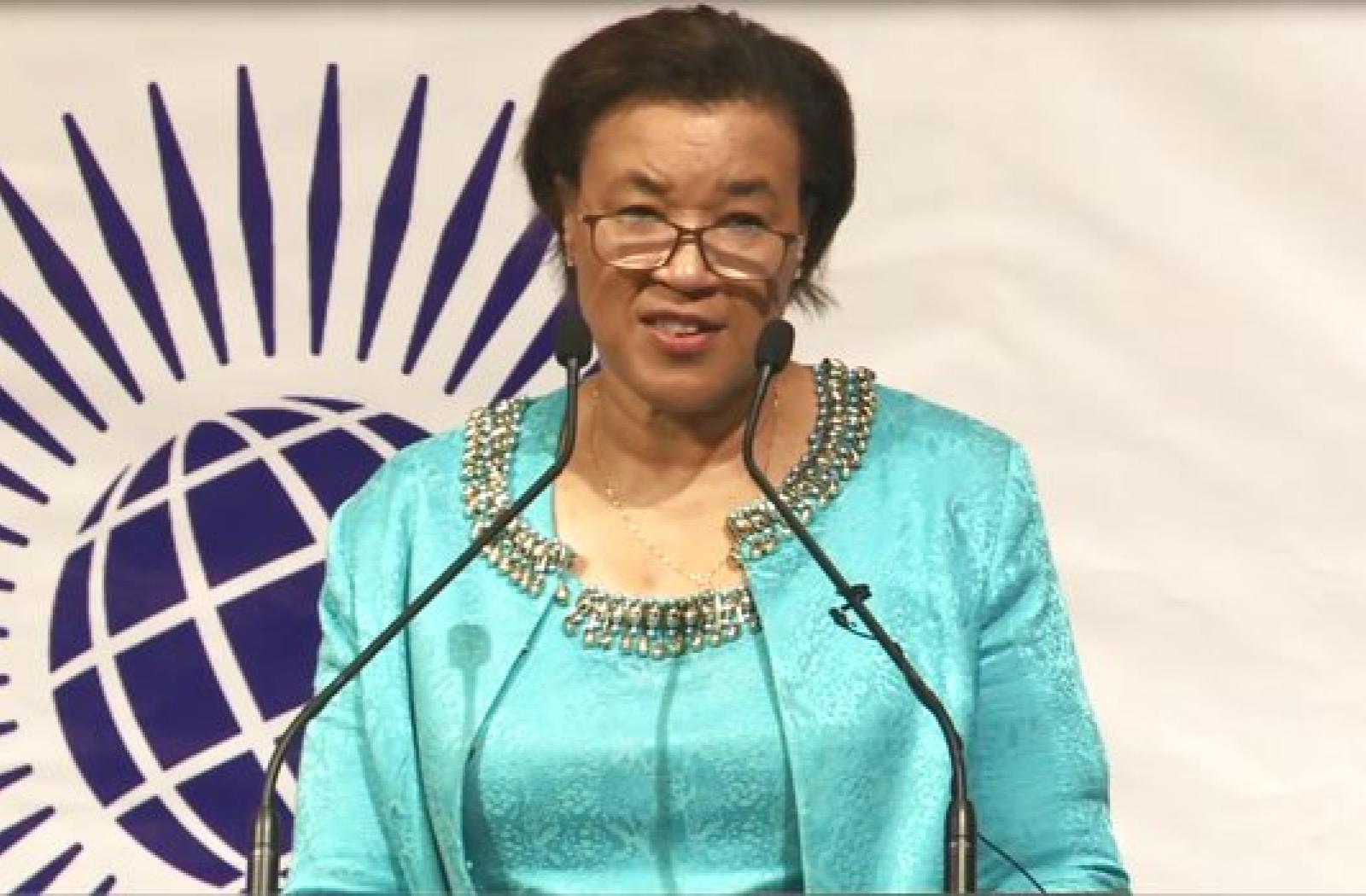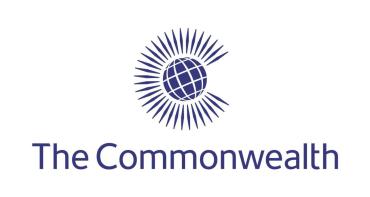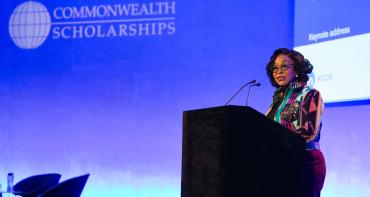Commonwealth Secretary-General Patricia Scotland has challenged universities, teachers, youth and civil society to ‘offer pragmatic policy solutions’ to ensure a sustainable and resilient education system.

Commonwealth Secretary-General Patricia Scotland has challenged universities, teachers, youth and civil society to ‘offer pragmatic policy solutions’ to ensure a sustainable and resilient education system.
She made her invitation during the opening of the Integrated Partners’ Forum (IPF) which, for the first time, runs in tandem with the Conference of Commonwealth Education Ministers (CCEM) in Nadi, Fiji.
“The Commonwealth needs you, our civil society organisations and stakeholders, to work in partnership with governments to build equitable and quality education systems and improve accountability across our member countries,” she told the 300-strong delegates to the 20CCEM.
“We need our teachers to be motivated, gender sensitive, qualified and well paid. We need our higher education institutions to be geared towards fuelling creativity and competitiveness for global markets and to give the Commonwealth an edge in entrepreneurship and innovation.
“Vice-chancellors have a key role to play in making their higher education institutions influential partners for regional, national and international development and sustainability, and forging partnerships within industry and within government.
“I encourage the business community to invest and partner with Commonwealth universities in offering scholarships to build the skilled workforce that it needs, especially to meet the demand of blue and green economies.”
SG clip from IPF speech Fiji 19 Jan
Later in the week, ministers will discuss the new Commonwealth Education Policy Framework. This identifies four cornerstones for a good education system: quality, equitable access, relevance and sustainability. The framework will be help member countries review and develop policies to monitor progress towards the 2030 agenda for Sustainable Development Goals (SDG), in line with Commonwealth values and principles.
Among other pledges, SDG4 aims to ‘eliminate gender disparities in education and ensure equal access to all levels of education and vocational training for the vulnerable, including persons with disabilities, indigenous peoples and children in vulnerable situations’.
“I encourage our students and young people to partner and engage in the governance and decision-making bodies of their schools and institutions, and to engage in peer support, mentoring and coaching programmes,” said Secretary-General Scotland.
“I urge our young people to develop and exercise their leadership so as to benefit more broadly their peer groups and communities. Youth leadership can be the catalyst for positive social change. So early participation and decision-making within the educational context equips students with the skills necessary for active participation more broadly as engaged citizens.”
Research by UNICEF, which covered nearly 100 countries over a 50-year period between 1960 and 2010, showed that countries with greater education inequalities between groups had a substantially higher risk of conflict. Around the world, more than 260 million children and youth were out of school, including over 60 million children of primary school age. Girls were more likely to remain completely excluded from education, despite the efforts and progress made over the past two decades, said Secretary-General Scotland.
“If we reduce the number of out-of-school children in Commonwealth countries, we make a very substantial impact on global figures,” she said. “One out-of-school adolescent is one too many. Sixty million young adolescents of lower secondary school age, and 142 million youth of upper secondary school age, who are reckoned to be out of school globally, are ticking time bombs.
“At risk young people can become disillusioned and lose hope in the economic and political systems and processes of a society. The longer they are unemployed, the greater the risk that they become unemployable, essentially because of the ill match between their skills and the demand of the labour market.
“For marginalised and disadvantaged people, education can be a bulwark against volatility. Even the foundational and fundamental skills learned in early childhood and basic education can build resilience and reduce vulnerability during times of crisis. Education, we know, lays the foundation for personal and social development, for responsible action and good citizenship. It is a human right and the best guarantee against unemployment and poverty.”
Secretary-General Scotland said that over the next few days delegates had the opportunity to help devise innovative and practical policy solutions for education to build resilience by sharing their ideas and experiences.
20CCEM - IPF highlights



